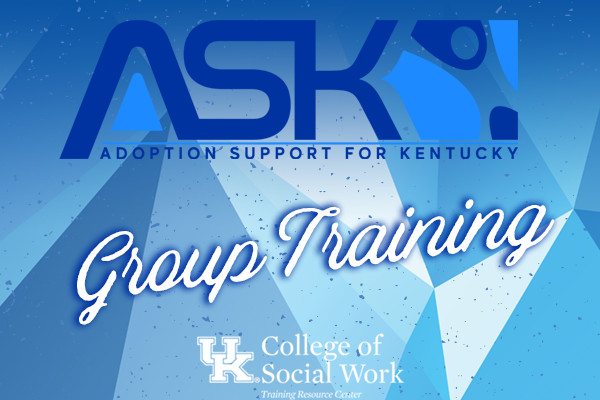Identification and removal of barriers to VA mental health treatment for Black female veterans
The Department of Veteran Affairs (VA) is the largest integrated healthcare system in the nation. It is seen by many as a safety net for the nation’s veterans. Research has been conducted with both male and female veterans to identify barriers they may experience while seeking mental health treatment from the VA. However, the veteran population is more than diverse than just looking at differences in gender. Females are the fastest growing group pf veterans. Currently they make up 11% with a projection of being 18% of the population by the year 2046. That being said, female veterans are not a homogeneous group. Forty-three percent of female veterans identify as a member of a racial/ethnic group. Those identifying as Black were at 12%, representing the largest single racial/ethnic group. The goal of this capstone project is to identify barriers Black female veteran encounter to accessing mental health treatment from the VA. This project also examines the current approach while presenting a new conceptual framework that acknowledges these barriers and a culturally responsive approach to removing them.











